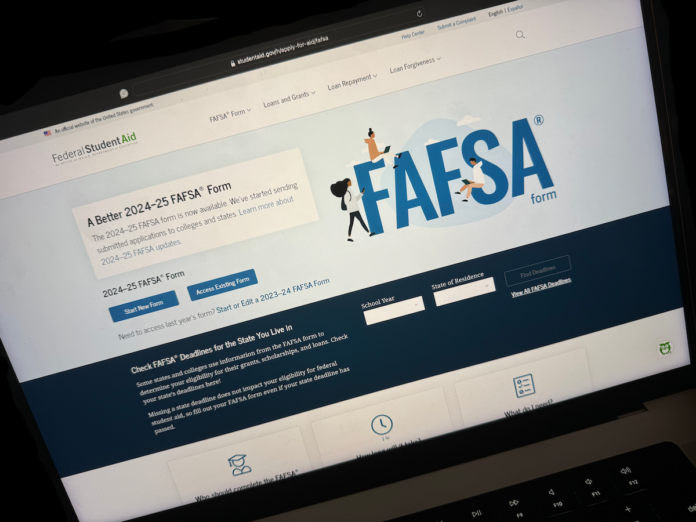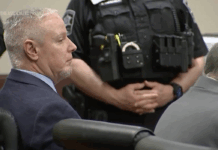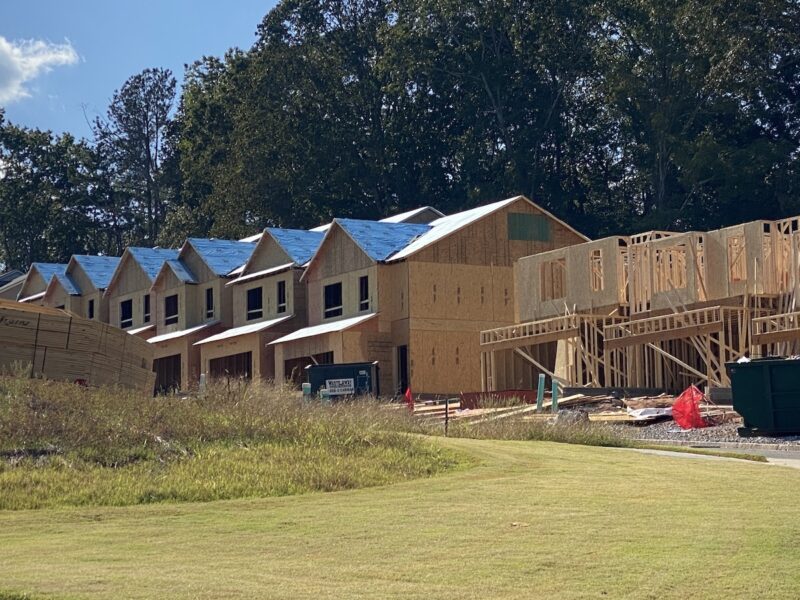
WASHINGTON (States Newsroom) — The U.S. Department of Education said Wednesday it will use a phased rollout to launch the 2025-26 form to apply for federal financial student aid, which will make the application fully available two months later than usual.
The Free Application for Federal Student Aid — better known as FAFSA — will be available to hundreds of students on Oct. 1, gradually ramping up to be available to all by Dec. 1. The staggered approach is an attempt to fix any issues before the form is open to everyone.
The phased rollout came after the 2024-25 form, which got a makeover following Congress passing the FAFSA Simplification Act in late 2020, witnessed its share of hiccups and glitches during the soft launch in December and past the official debut in January.
Advocates expressed concerns regarding the form’s failure to adjust for inflation, its formula miscalculation, and its tax data errors, which prompted processing delays. The department has worked to fix these issues.
“As we rolled out the 2024-2025 FAFSA cycle, we met various challenges in its first year,” U.S. Secretary of Education Miguel Cardona said during a call with reporters Wednesday.
Cardona said “these challenges — rooted in a federal student aid department that was also in desperate need of modernization — resulted in frustration for many students, families, education leaders and policy makers from the Hill.”
The Education secretary added that over the last 10 months, the department has “spent lots of time with these stakeholders to ensure their experience and their input influences our work moving forward,” noting that the new rollout process reflects the extensive feedback the department has received.
Jeremy Singer, who leads FAFSA strategy within the department’s Office of Federal Student Aid, said hundreds of students will participate in the testing period beginning Oct. 1.
Singer said that availability will expand to thousands of students in mid-October and then to tens of thousands of students in early November, all prior to the form opening up to all students and families by Dec. 1.
Hearing from many students, families, schools, and organizations, Singer said some of the most common demands included a concrete launch timeline and the ability to track progress on that timeline, the launch of a form that’s fully functioning, and assurance that there will be no major defects once the form is launched.
Senior department officials said states and schools have told them that no determination of financial aid will be made before the system opens for all students in December.
U.S. Under Secretary of Education James Kvaal, who oversees higher education and financial aid, including the Office of Federal Student Aid, said that in March, the department received nearly 40% fewer FAFSAs than they had on the same date a year prior.
But now that gap is under 4% and they “continue to close it every week,” Kvaal said.
The department is inviting volunteers to take part in the testing period and said it will release more information in the coming weeks on how students and other partners can get involved in this initial process.






